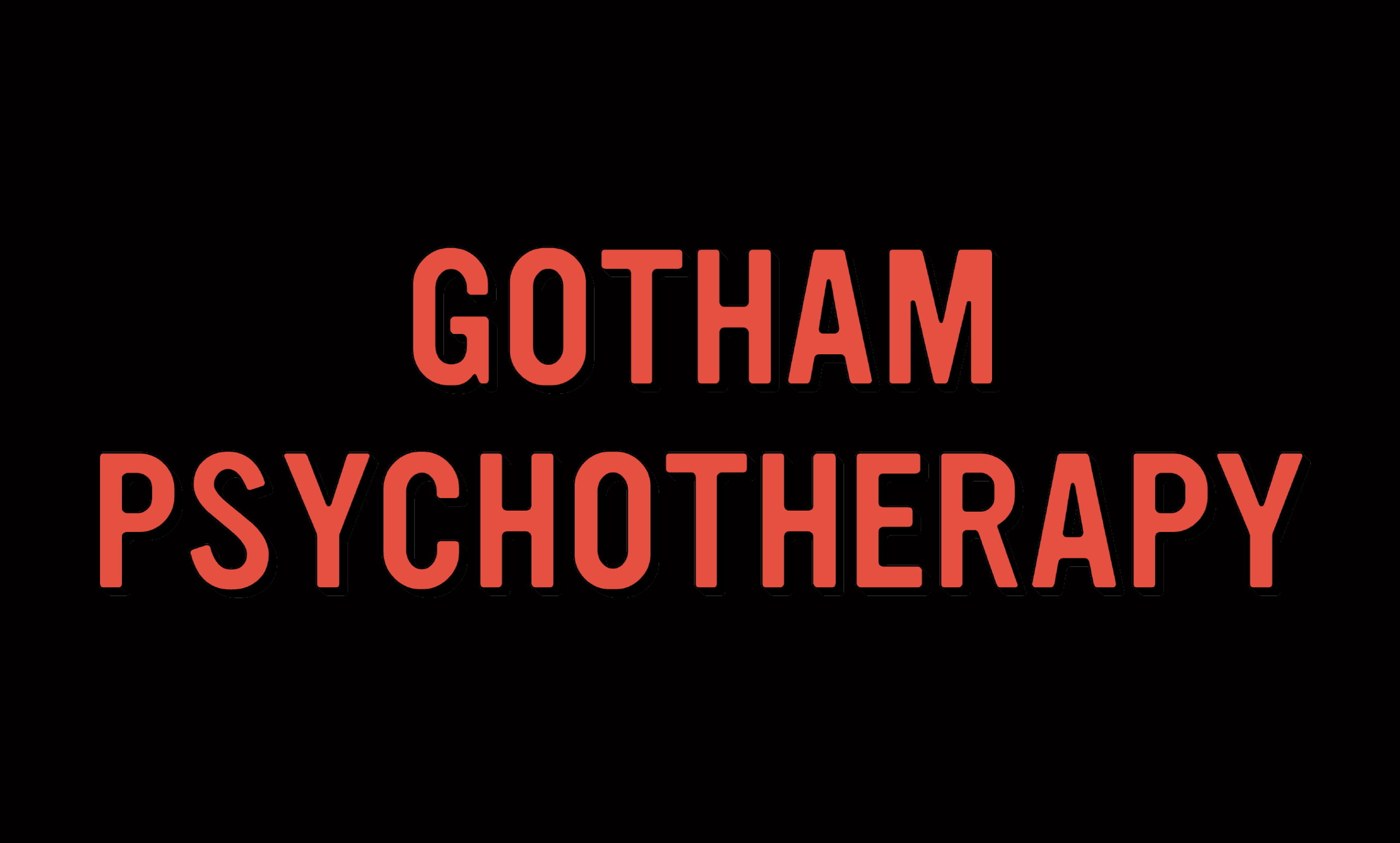Addictive Disorders
The Five Addictive Disorders
Alcohol Use Disorder
-
Excessive or uncontrolled drinking despite negative consequences.
-
Anxiety often worsens during withdrawal and hangovers, creating a cycle.
Drug Use Disorder
-
Dependence on substances (prescription or illicit) that disrupt daily functioning.
-
Can lead to heightened anxiety, paranoia, or mood instability.
Gambling Disorder
-
Persistent gambling despite financial, relational, or emotional harm.
-
The cycle of risk, loss, and secrecy frequently fuels anxiety and stress.
Sexual Addiction / Compulsive Sexual Behavior
-
Preoccupation with sexual activity that feels out of control or harmful.
-
Associated with shame, secrecy, and anxiety about being “found out” or losing control.
Food Addiction / Binge Eating Disorder
-
Compulsive overeating, cravings, or loss of control around food.
-
Emotional eating often linked to anxiety, guilt, and low self-worth.
Understanding Addictive Disorders and Anxiety
-
Explain how addictive behaviors and anxiety often coexist (e.g., using substances or behaviors to manage anxiety, which in turn increases distress).
-
Define the term addictive disorder in accessible, non-stigmatizing language.
-
Note that these disorders can affect health, relationships, work, and self-esteem.
Signs and Symptoms
-
Preoccupation with the substance or behavior.
-
Loss of control despite negative consequences.
-
Withdrawal, cravings, or strong urges.
-
Neglect of work, relationships, or health.
-
Using the behavior to manage anxiety or emotional distress.
Treatment Approaches
-
Cognitive Behavioral Therapy (CBT): Identify and change patterns that maintain addictive cycles.
-
Motivational Interviewing (MI): Strengthen readiness for change.
-
Mindfulness-Based Strategies: Build awareness of triggers and regulate urges.
-
Relapse Prevention Planning: Develop coping strategies for high-risk situations.
-
Trauma-Informed Care: Address unresolved trauma that often underlies addictive patterns.
-
Collaboration with Medical Providers: Support for detox, nutrition, or medication when needed.
Why Seek Help
-
Reassure patients that addictive disorders are treatable.
-
Highlight that early intervention can prevent long-term harm.
-
Emphasize that therapy provides hope, healing, and healthier ways to cope with stress and anxiety.

